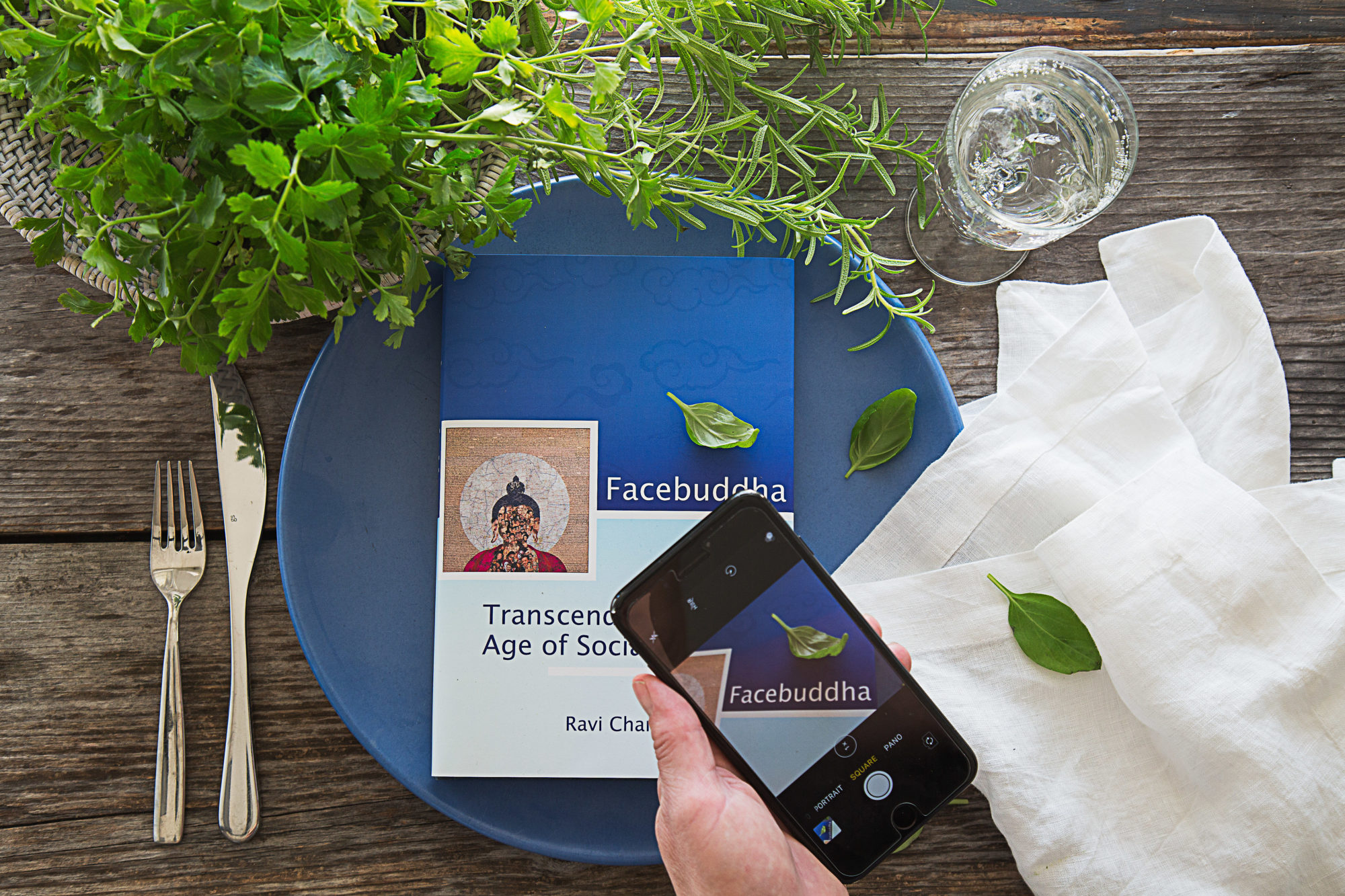For press inquiries, email hello@ravichandramd.com.
Short bio:
Ravi Chandra, M.D. is a psychiatrist and writer in San Francisco, and a Distinguished Fellow of the American Psychiatric Association. Facebuddha: Transcendence in the Age of Social Networks is his full-length nonfiction debut, and is the winner of the 2017 Nautilus Silver Book Award for Religion/Spirituality of Eastern Thought. He is also the founder of SF Love Dojo, an organization teaching compassion and self-compassion.
Longer bio:
Ravi Chandra, M.D. is a psychiatrist and writer in San Francisco, and a Distinguished Fellow of the American Psychiatric Association. Facebuddha: Transcendence in the Age of Social Networks is his full-length nonfiction debut, and is the winner of the 2017 Nautilus Silver Book Award for Religion/Spirituality of Eastern Thought. Dr. Chandra is a graduate of Brown University, Stanford University School of Medicine, and UCSF’s Psychiatry residency program. In March, 2016, the San Francisco Board of Supervisors honored him with a proclamation for his community work. He was staff psychiatrist and Medical Director of a community clinic (RAMS, Inc.) from 2006-2013, and still volunteers there leading a group for Cambodian patients. He also teaches Mindful Self-Compassion and Compassion Cultivation Training Workshops through his organization SF Love Dojo. He has blogged regularly for Psychology Today since 2011 (The Pacific Heart) and for the Center for Asian American Media since 2005 (Memoirs of a Superfan). Information on his other books, workshops and performances is available at www.RaviChandraMD.com.
Headshots:


Book cover

Nautilus Silver Award Winner badge

Interview topics
- What are the effects and dangers of social media on mental health and relationships?
- How might we adapt to social media?
- How might the tools of Buddhism help us navigate our new media and social terrain?
- What did you discover when you deactivated social media?
Some talking points
-
Social media is vast and influential – we have to consciously make adaptations rather than allowing ourselves to be caught in its passive flow.
-
The vast majority of research points to the negative effects of social media on human well-being, particularly on the young and vulnerable. Social media is a race to the bottom of our brainstems.
-
Buddhism can help to bring mindfulness and compassion to one’s experiences online and off, and helps to underscore the importance of “real world” relationships.
-
We are having a national identity crisis, as evidence by our political polarization; this is paralleled by our identity crisis online. We are still trying to figure out who we are and who we are in relation to each other.
-
As a society, we are still contending with cyberevangelists who think that technology and social media will transform everything for the better without recognizing any of its limitations. Increasingly, we are seeing the downside of social media, from fake news and foreign involvement in our elections, to the negative effects on our own mental health.
-
We must become savvier and make conscious decisions to aid our mental health and societal well being.
